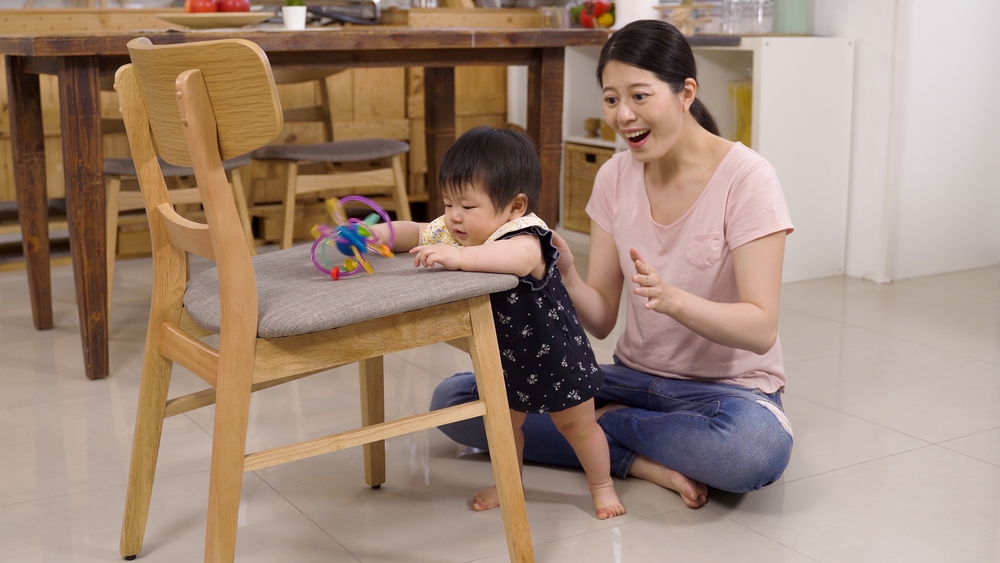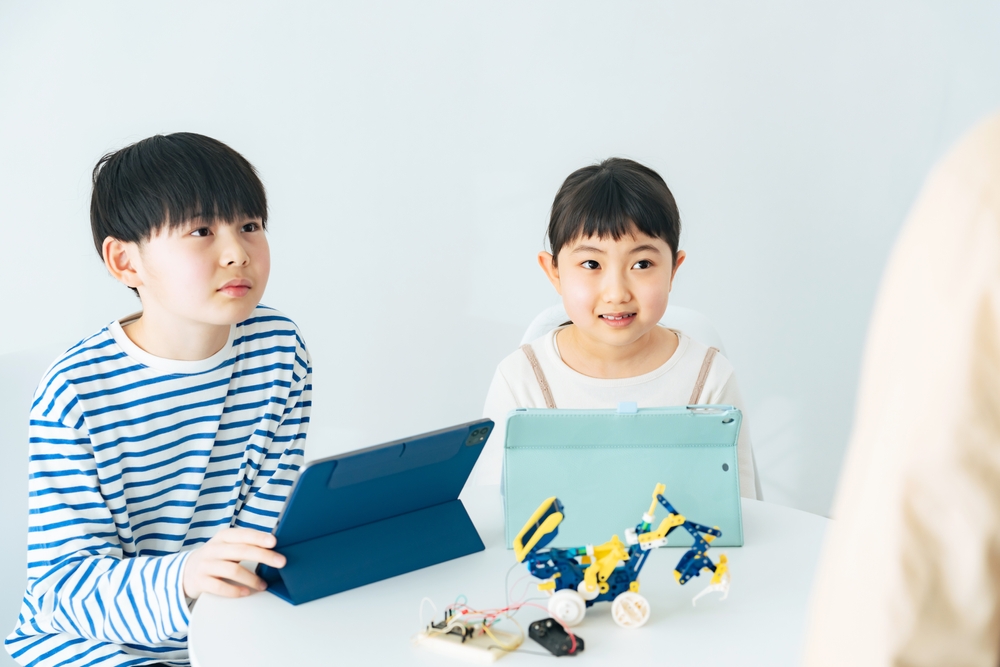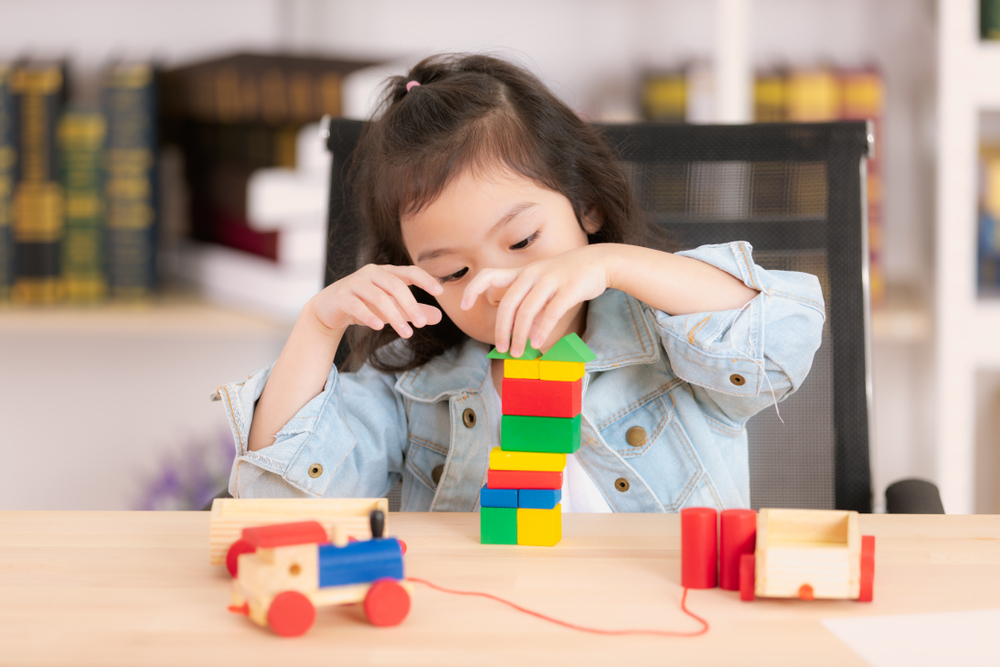
Written by: Director of Program Development, Carmen Leung
After the pandemic, e-learning has become inevitable. Parents also download various tablet computer programs for their children to use, hoping that they can learn through interactive or entertaining visuals and sounds. Which animations and applications are beneficial for children’s learning? What should parents pay attention to when using multimedia to help their children learn?
Using e-learning according to age
In the preschool years, as the brain regions responsible for the five senses are developing rapidly, the author does not recommend that children aged 0 to 2 frequently or excessively rely on using television or tablet computers for learning. This is because the images on television or tablet computers are flashing at an extremely high frequency, and the young child’s eyes and brain will constantly receive stimulation unconsciously. Over time, visual stimulation becomes a habit, and brain development is also affected, leading to a decrease in concentration.
Some parents say, “My child is very focused when watching TV and playing with the iPhone, but they don’t have the patience for books, so I bought a lot of educational animations for them to watch.” Have parents ever thought that if the eyes and brain are used to constant stimulation, relatively static things like books and teacher explanations will naturally become uninteresting? If you continue to let young children rely on rich visuals to learn, what will happen when they eventually need to face book-based learning in the future?

For children aged 2 and above, as their brain development is more mature, parents can allow their children aged 2 and above to use television and computers for learning, but within limits. The time should start from no more than 15 minutes per day, and can be gradually increased as the child gets older. This is because as children grow older, the high-frequency flickering of computers or televisions will have a relatively lower impact on brain development.
Recommendation to use multiple learning modes
Although screen displays have an impact on children’s concentration, the author does not believe that using television and computers for learning has no merit. Multimedia or computer programs can increase the fun and interactivity of learning, making children more interested in learning and learning faster and more. However, in addition to using highly interactive multimedia for learning, children also need to adapt to other less interactive learning modes, such as books and one-way lectures, and find the enjoyment in learning from them. Parents should provide their children with diversified learning paths, such as taking them to the library, playing educational games with them, visiting museums, walking on nature trails, or even teaching them to read English menus at restaurants, so that children can try different learning modes and methods, and find the joy of learning.

How to choose suitable multimedia electronic learning products?
– The product should preferably not have non-learning elements that children can download or open by themselves. For example, if a child is using an iPhone or iPad for learning, parents should not let the child access other apps, ensuring that the child is learning rather than playing.
– Products with segmented or sectioned learning should be used. Many parents find that when it’s time for the child to stop using electronic devices, the child may have negative emotional reactions. Therefore, the author suggests that the product should be divided into different chapters, and parents can limit the child to only view or complete one chapter at a time.
– The product should have interactive elements and require the child to respond in different ways. If a multimedia product only provides a one-way teaching mode, it is not a good product. For example, if the product only allows the child to sit and listen to information, or watch without needing to respond, we call this “one-way learning,” which should be avoided. Products that allow children to sing together, do actions together, spell words together, read aloud, and answer questions are the ones that should be chosen.

– For example, some products may allow children to respond, but each time it’s the same type of answer, such as pressing a button to respond. In this case, the child’s responses will be relatively slow, turning into a “robotic” style of learning, which can affect their future learning motivation and ability to think from multiple perspectives. Products like this should be avoided.
Time for using electronic devices
The time spent using electronic devices for learning should not be too long, and parents should also set a daily or weekly time limit for their children to use electronic devices. For example, children can only use the computer for a maximum of half an hour after completing their homework. If the half-hour is up, the child must honor the commitment and stop using the device. Parents can also work with their children to set a daily schedule, allocating time for homework, play, extracurricular activities, and using electronic devices. This helps children understand that everything needs to be planned and moderated, which not only trains their self-management skills but also effectively limits the time spent using electronic devices.
Using electronic devices as a reward
If children enjoy using electronic devices for learning (which they often do), parents can consider using device usage as a reward. For example, if the child finishes their meal in half an hour or completes their homework with quality, they can be allowed to use the electronic device for thirty minutes.



















